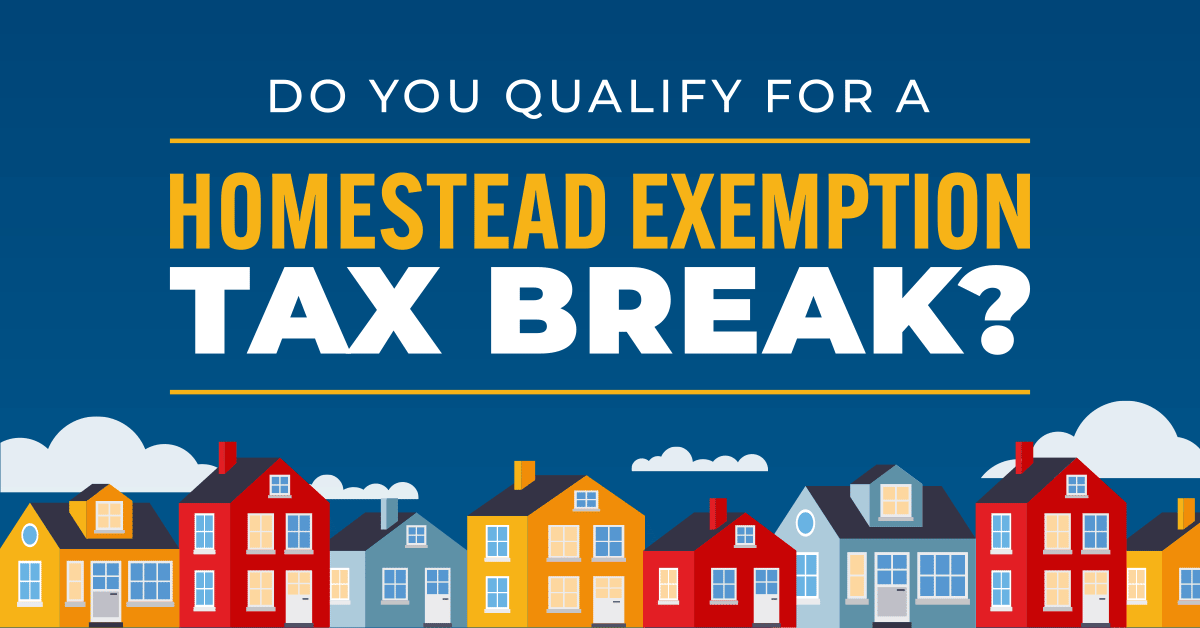|
|
Cuyahoga County homeowners who are senior citizens or permanently disabled may benefit from significant property tax savings through the Homestead Exemption program. This statewide initiative allows eligible residents to shield up to $25,000 of their home’s market value from taxation.
Initially, the program was available to all homeowners aged 65 and older, as well as permanently disabled homeowners, regardless of income. However, changes introduced by Substitute House Bill 59 in 2013 modified eligibility criteria starting in tax year 2014. While existing recipients under the old rules remain unaffected, new applicants must meet current income guidelines to qualify.
Additionally, a new exemption introduced in 2014 extends benefits to 100% disabled veterans and their surviving spouses. Qualifying veterans with a permanent, total service-connected disability can receive a tax reduction based on the first $50,000 of their home’s market value, with no income restrictions.
To apply for either exemption, residents can obtain forms and further information from the Cuyahoga County Auditor’s office at 216-123-4567 or auditor@cuyahogacountyohio.gov.
For homeowners who do not qualify for these exemptions, there are still various resources and programs available:
- Property Tax Payment Plans: Some counties offer installment plans to help homeowners manage their property tax payments.
- Tax Relief Programs for Low-Income Homeowners: Certain states or counties offer partial exemptions, deferrals, or credits based on income level and property value.
- Energy Efficiency and Home Improvement Programs: Many municipalities and states offer financial assistance for energy-efficient home improvements.
- Senior Citizen Discounts or Rebates: Some local governments provide property tax discounts or rebates for seniors, even if they do not qualify for the Homestead Exemption.
- Financial Counseling Services: Community organizations or local government offices may offer financial counseling to help homeowners manage property taxes and budgets.
- Homeowner Assistance Programs: Nonprofits or government agencies may provide general assistance, which can include property tax support.
- Tax Appeals and Assessments: Homeowners who believe their property tax assessment is inaccurate can appeal it, providing evidence to support a different valuation and potentially lowering their tax bill.
For additional tax relief, the Owner Occupancy Credit provides a tax reduction for owner-occupied homes, subject to certain criteria. Applications for this credit must be submitted annually between Jan. 1 and the first Monday in June.
Property owners who disagree with the valuation of their property set by the County Auditor can appeal to the Cuyahoga County Board of Revision. Appeals must be filed between Jan. 1 and March 31, and require evidence of the property’s fair market value.
For more information on these exemptions or the appeal process, contact the Cuyahoga County Auditor’s office.





